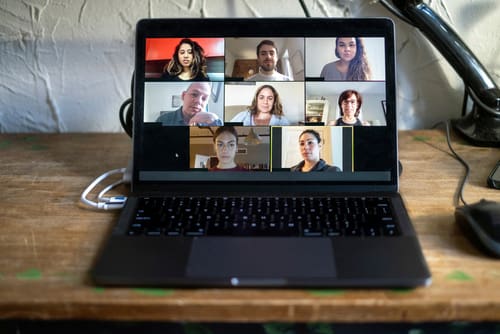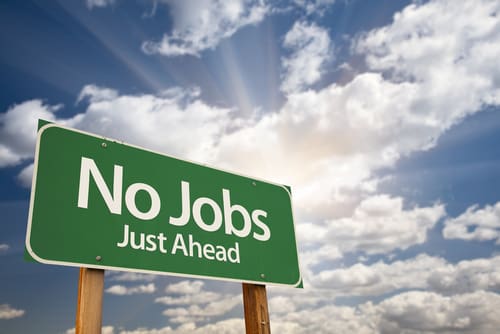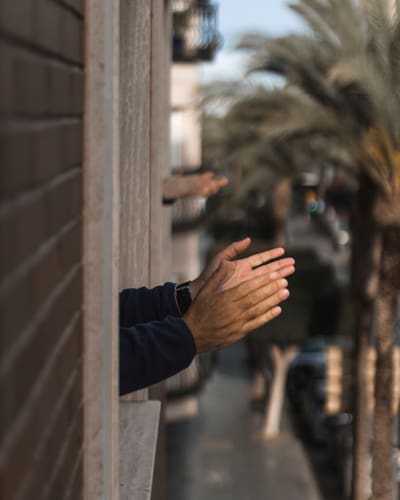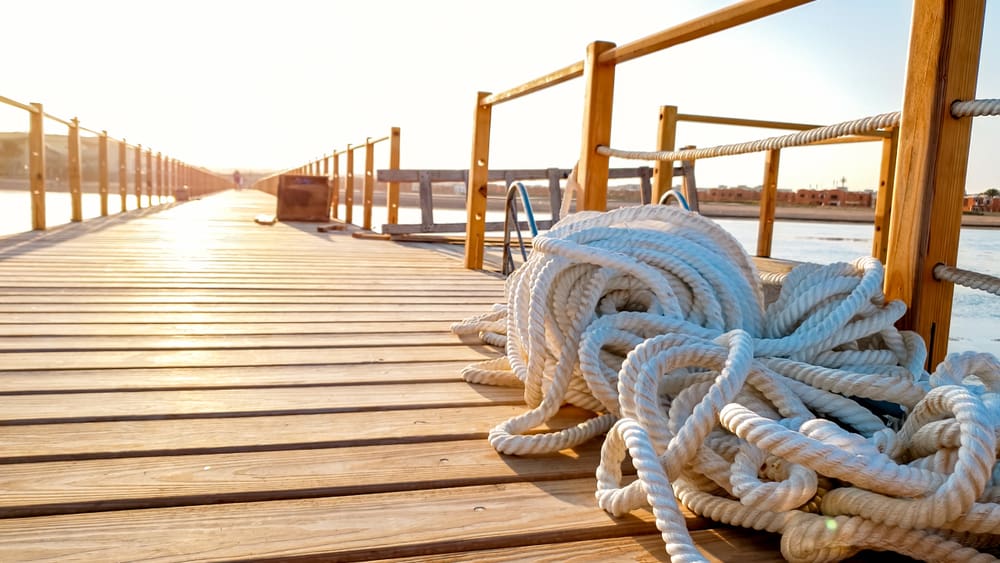
When the idea of social distancing became a thing a few months ago, there was the idea that we could all stay connected to our family and friends even as we isolate ourselves in our home. All of a sudden “Zoom” became a thing. I had never heard of it before, but all of a sudden friends were holding Zoom Happy Hours, Zoom Book Clubs, Zoom Dinners, Zoom Movie Nights and then Zoom meetings and Zoom classes for work.
WOW! I had to marvel about the fact that COVID-19 came around when man had developed technology to a point where we could all remain together even as we are apart. It sounded brilliant and every chance I could get I said yes to a Zoom this and a Zoom that. Being together while never leaving my home sounded like the best of both possible worlds.
For myself, I noticed after the first couple, I was pretty exhausted. It felt hard to hear people, only one person could really be speaking at a time, and then everyone had to ring in with a different comment regarding what was said. To try and move on to another topic without giving everyone who spoke a good amount of time for comments and feedback felt rude.
One time, someone shared a tragic piece of health news that she may have wanted only a few people to know, but with everyone gathered at the Zoom Happy Hour, her entire health diagnosis was made clear to everyone. Awkward. I was holding information that I most likely should not have been and under any usual circumstance would not know.
Of course, there are also the technology challenges — slow Internet, bad connection, in and out voices, people muting themselves or not, people’ video popping on and off. I am also doing all of these things too which I know may be adding to someone else’s stressful experience. I think, by now, we all know the ups and downs of Zoom connections – whether for personal or professional use.
So, I guess I am not surprised that all of a sudden there are a slew of articles talking about Zoom Exhaustion. This may come after having been on virtual calls all day, being more anxious and needing time on your own to sort through your feelings, general annoyance at how clunky Zoom meetings feel, obligation to have to connect this way since everyone knows you are home and not going out with supposed time on your hands, and more.
How to handle? First notice do you want to socialize virtually? If so — and I do not assume that your answer is yet — then to what extent do you want to socialize virtually and how often? Once you have these questions answered you can stay true to yourself as you with accept or decline offers to engage virtually. For myself, I engage virtually for work completely.
As a result, in my personal life, I am not too keen to engage via Zoom for fun gatherings. Rather, I prefer to have telephone chats or FaceTime one-on-one with someone. I have been invited to several Zoom gatherings, and I now just tell my friends that I find it too stressful of a medium for me and that I won’t be joining. Of course, I ask them not to take offense and I think most people respond positively, i.e. to do what I need to do to care for myself.
All of us understanding how people are feeling stress and exhaustion even when it comes to social connecting with a medium like Zoom is really important. If you are the person who is setting up the Zoom calls and want to connect, it’s important to take care of you and have the people on the Zoom who really want to be there and not just attending out of obligation to the group.
Everything is a balance, including Zoom calls these days. Remember too, if you are going to engage, keep some Zoom Etiquette guidelines in mind to make the experience good for everyone.
Zoom Exhaustion is real. Respect it and take care of yourself above all. And let us all look forward to the day we can hang out together.








